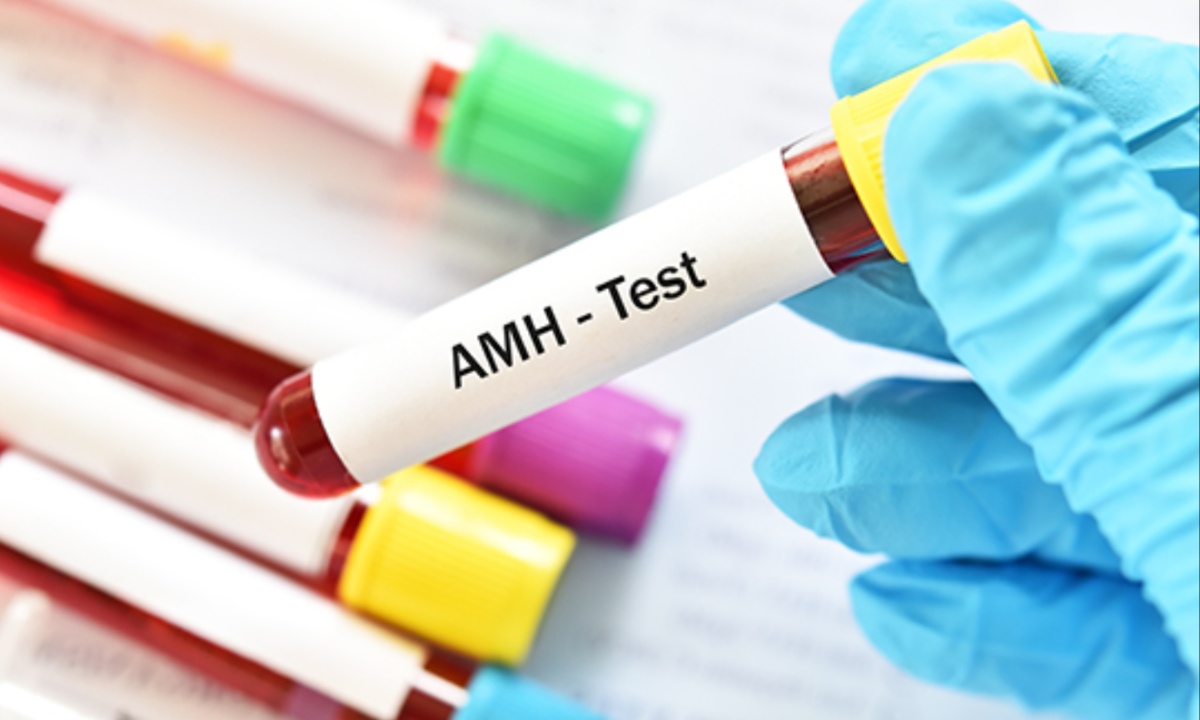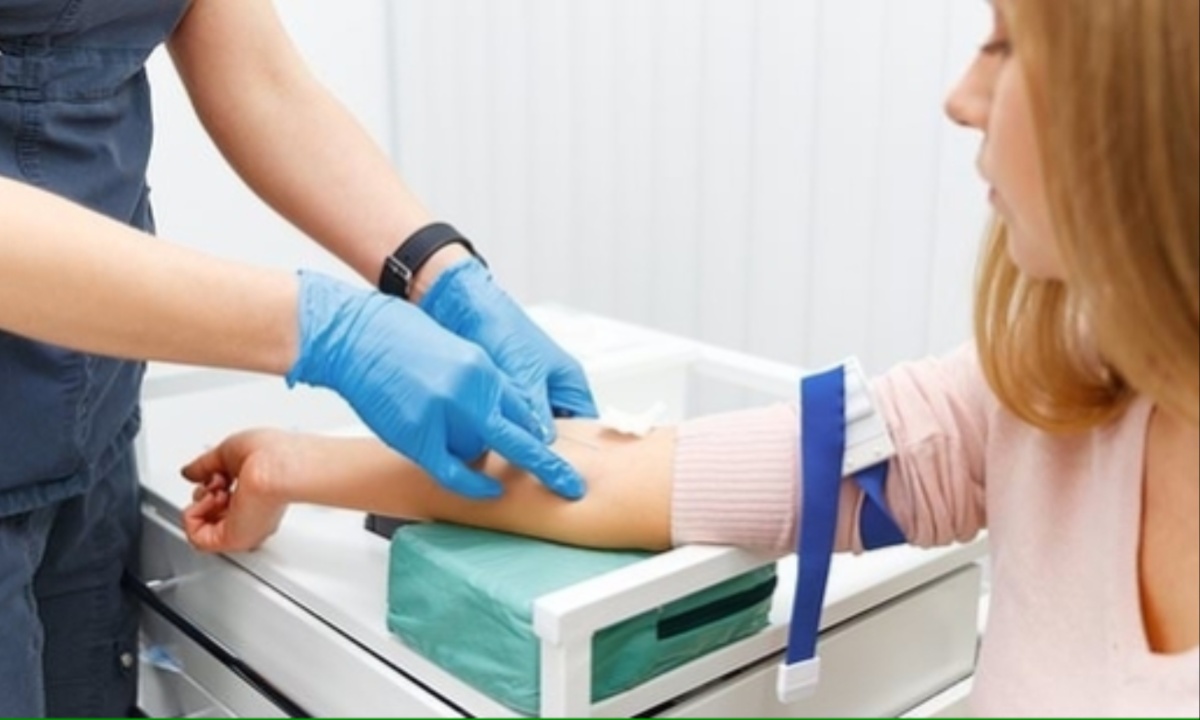Researchers in Australia have discovered that women show less interest in taking the anti-Mullerian hormone (AMH) test when provided with accurate information about its purpose and limitations compared to those who receive information typically found online.
This study, published in the journal Human Reproduction, was initiated due to the prevalent misleading and incorrect information about the AMH test promoted by fertility clinics and on social media platforms.
The AMH test, conducted via a blood test, measures the quantity of eggs in a woman’s ovaries but does not assess egg quality. While it can be useful in fertility treatments to estimate the number of eggs available for procedures like IVF or egg freezing, it does not reliably predict a woman’s chances of conception or the onset of menopause.
Consequently, the American College of Obstetricians and Gynecologists advises against the use of the AMH test for women not undergoing fertility treatment. However, it is increasingly marketed as a tool for women to gauge their fertility and menopause timeline.

Dr. Tessa Copp and her colleagues conducted an online randomized controlled trial involving 1,004 women from Australia and The Netherlands, who were interested in having children but had never taken the AMH test. Participants were split into two groups: one received an evidence-based pamphlet about the AMH test, while the other group received a pamphlet with content from a website promoting the test directly to consumers.
The participants’ interest in taking the AMH test was measured using a seven-point scale. The study found that women who received evidence-based information showed significantly less interest in the test, with an average score of 3.87, compared to those who received the promotional information, who scored an average of 4.93.
This indicates that accurate information led to a better understanding of the test’s limitations, resulting in less interest in pursuing it.
The study highlights the importance of providing women with accurate, evidence-based information about the AMH test to enable informed decision-making. Researchers aim to distribute this information widely to clinics, clinicians, companies, and via social media.
They emphasize the need for regulatory bodies to enforce transparency and accuracy in the information provided by fertility clinics, ensuring women are not misled about the capabilities of the AMH test. This research underscores the impact of correct information on health-related decisions and calls for accountability among those promoting misleading information.
